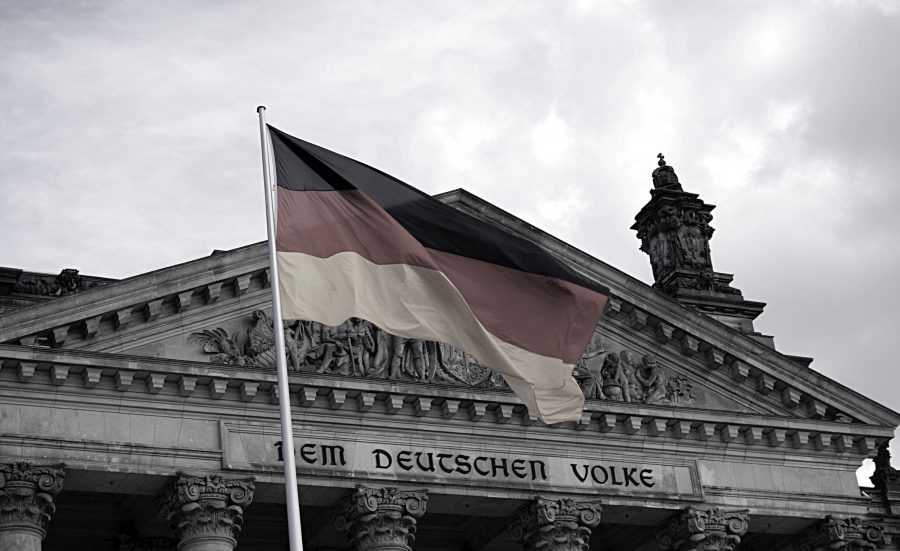The British finally left the European Union last month. Ahead, in the negotiations, there will be much blood, much gnashing of teeth, and the devil will indeed be in the details. But, for the moment at least, the mood is of relief, that there is no going back.
Britain will be missed most of all in Europe by the Germans, who of the big nations have the closest understanding of their island neighbours and share a sympathy for the British approach to self-determination.
But Germany’s future is now inextricably entwined with that of its continental European partners. While many in Germany fell about guffawing at the antics of British parliamentarians and their unruly behavior over the three tortuous years of the Brexit debate, the bemusement was tinged with respect for the plainly transparent principles of democracy which underpinned the Brits’ unseemly scrapping.
After all, despite the seriousness of the debate, German viewers were, it has to be said, more than a little amused. For nobody would deny that the sober and orderly proceedings in Germany’s Bundestag are a world away from the verbal cage-fighting that frequently characterises a normal day’s business in the House of Commons.
It brings to mind the legendary comic Bob Monkhouse, who used to say when at the peak of his powers, “They laughed when I said I wanted to be a stand-up comedian. Well, they’re not laughing now!”
No, the Germans are not laughing now. For, with the political debacle in Thuringia over the past weeks, Germany’s claim to righteous ownership of the moral high ground in democratic matters has suffered a severe blow.
To outsiders, the political squabbling in one of Germany’s lesser known federal states might appear to be little more than a minor local difficulty. But it’s more than that. It has already cost the head of Annegret Kramp-Karrenbauer, CDU party leader and Angela Merkel’s designated successor, sparking a new leadership crisis, and awakening ghosts from the past.
Events in Thuringia matter. Athough just one state among sixteen, Thuringia has form, as they say, going back to Nazi times. The opposition AfD party in the state capital of Erfurt enjoys a particularly high profile because of its unsavoury leader Björn Höcke, whom the German press are legitimately allowed to describe as a Fascist. Höcke dreams at night of a less apologistic, prouder, deterministic German regime. He is a Nazi, and has a lot of followers.
Up the road in Berlin, memories of another regime are being stoked with the passing into law by the ruling hard-left Berlin Senate in January of the 5-year rent cap on residential housing.
While the law is generally popular in a city where renters make up 85% of the population, there is still hefty resistance from many quarters, not least from the thousands of small pensioners who had counted on modest rental income from their buy-to-let apartments in the city. Meanwhile, rental cap infection is spreading out from Berlin across Germany, with many regional politicians feeling the pressure to pander to voters’ disgruntlement.
Last week I talked to Christian Schede, the Germany head of law firm Greenberg Traurig, about the new law. Schede told of elderly couples being advised by their banks they’ll have to inject more equity capital into their properties to counter their lower-than-expected rental income. He reminded us how local developers with Berlin land, whose new buildings were exempt from the crippling rent restrictions on older buildings, would be free to charge even higher rents, further splitting the market and causing further social division and resentment.
One thing is sure, he said. Big investors, as against developers, are already giving Berlin a wide berth. Billions, which would otherwise be invested in housing in the capital city, will still be looking for returns – but elsewhere.
There are two legal systems in operation at the moment, Schede reminded me. National law, as it applies to rental and housing regulations, and Berlin law, as pushed through last month by the Berlin Senate. Germany’s Constitutional Court in Karlsruhe will decide which system will prevail. Expect clarity by mid-2021, says Schede. In the meantime, as the Germans say, abwarten und Tee trinken. Keep calm and carry on.








